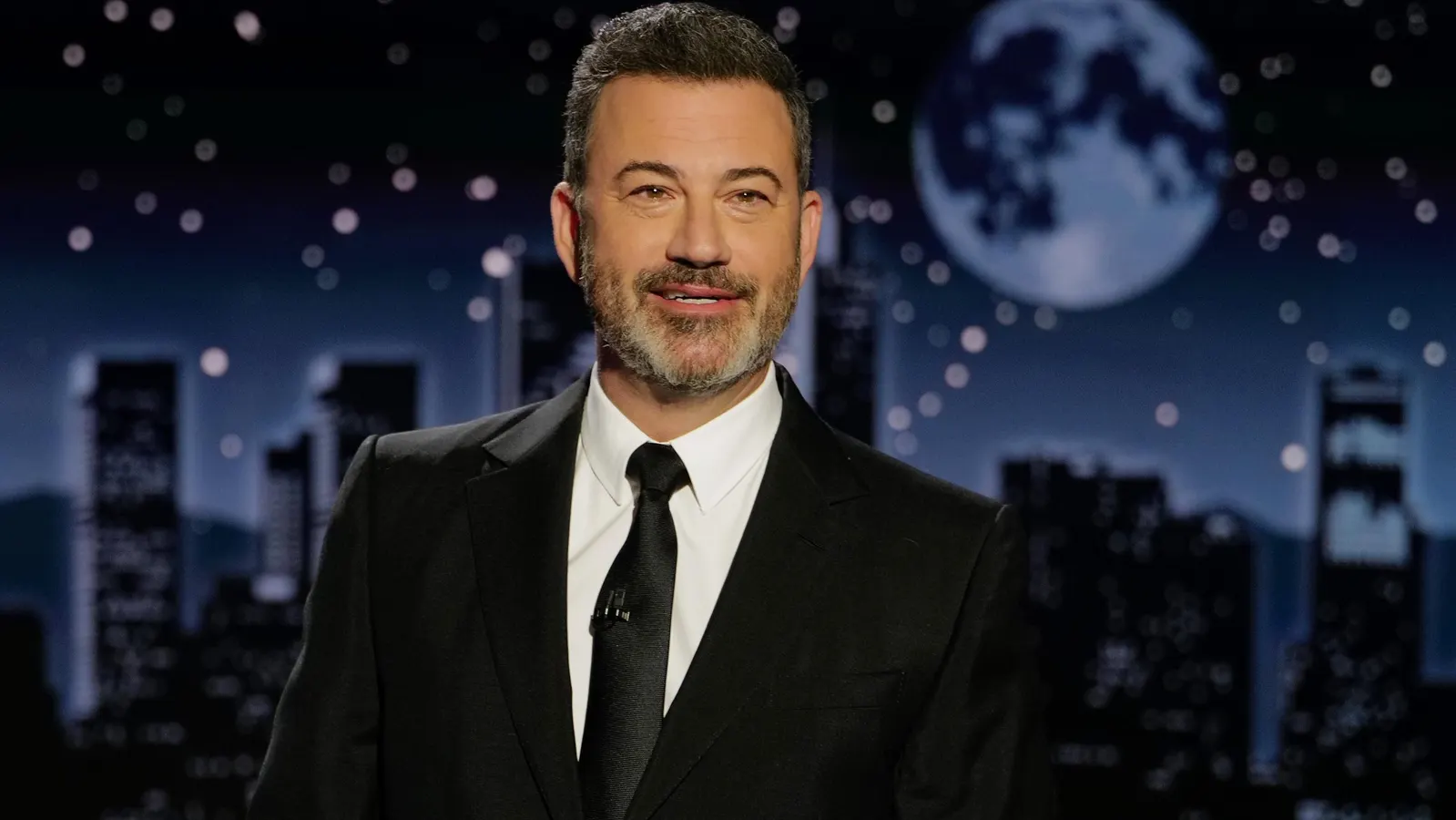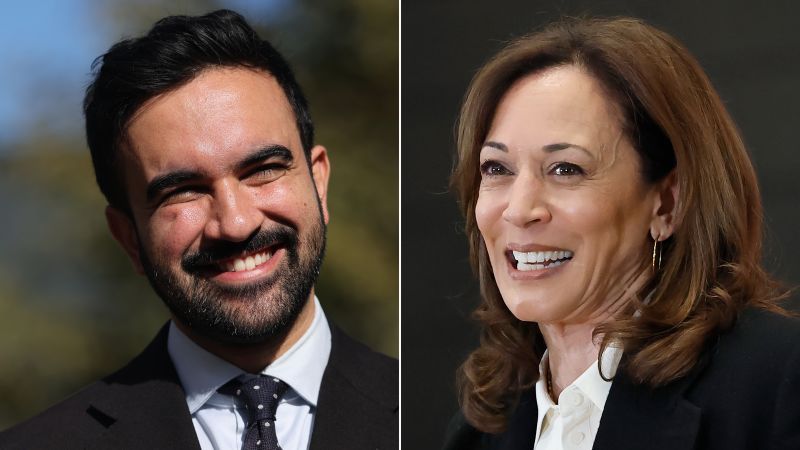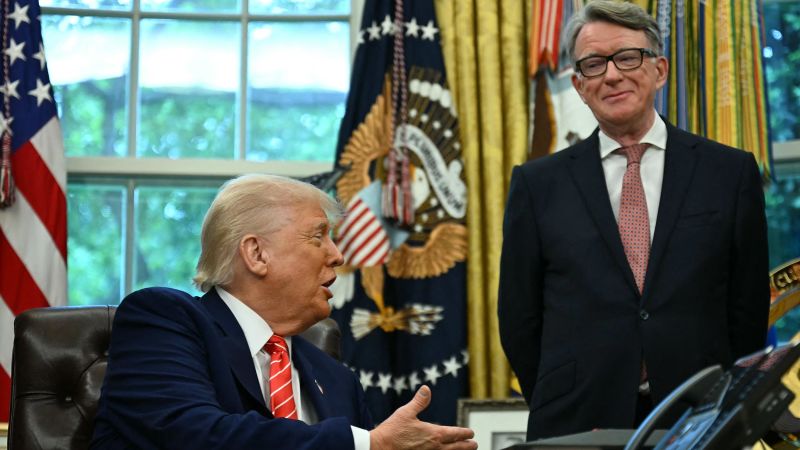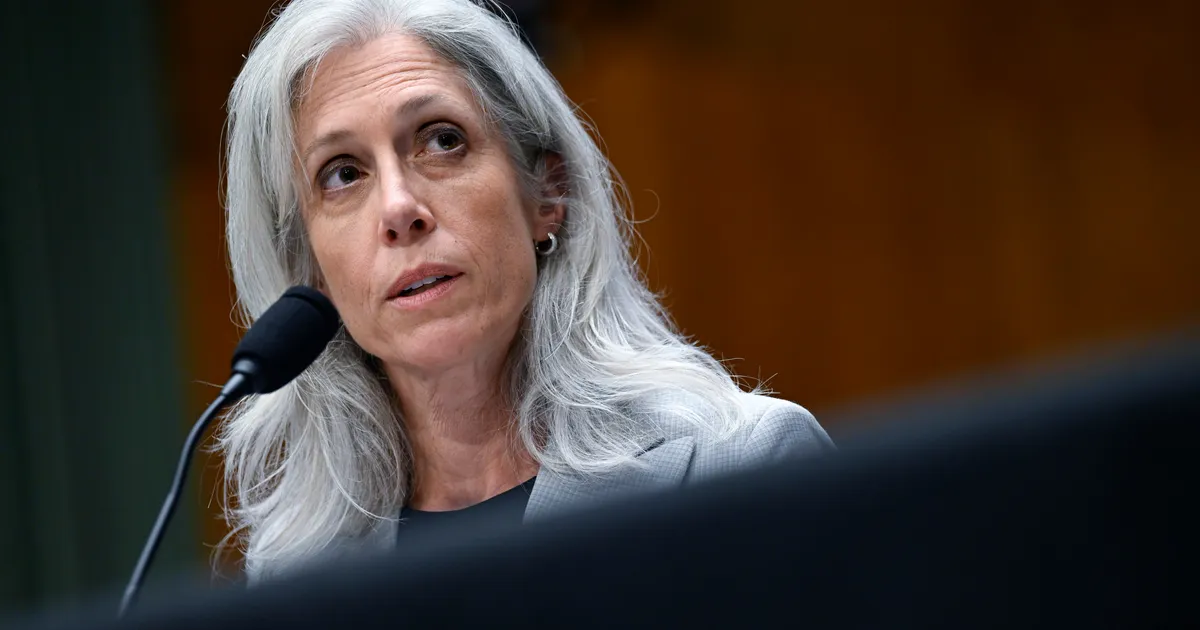Focus On Athletes, Not Politics: London Paralympic Gold Medalist Heinrich Popow’s Message On Para-Sport
By Megha Mallick,News18,Rudransh Khurana
Copyright news18
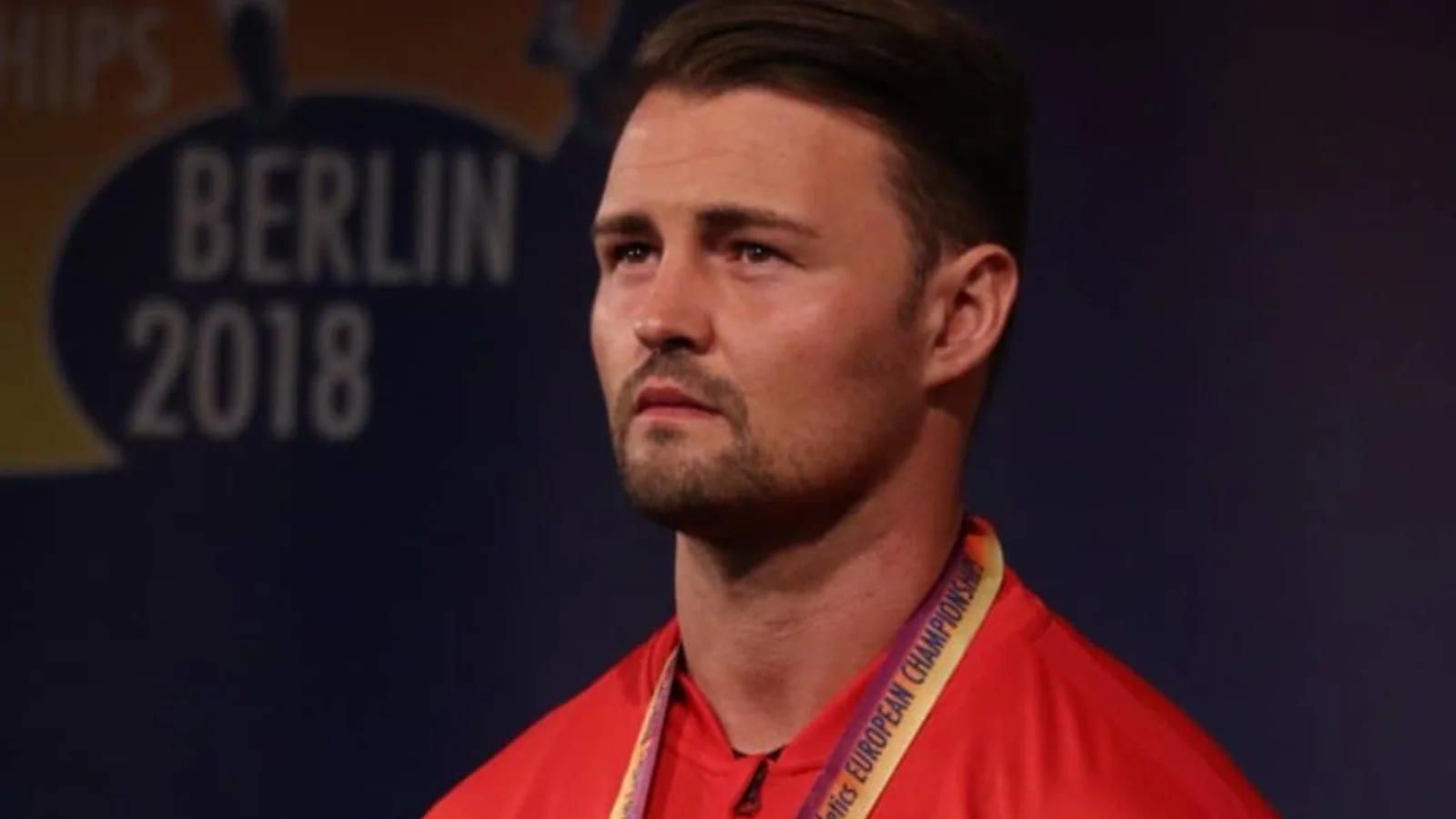
Germany’s Heinrich Popow first burst onto the scene with a long jump bronze at the 2002 Lille IPC World Championships. At his first Paralympics in Athens 2004, he won three bronze medals in the 100m, 200m and long jump. By the end of his career, he had seven Paralympic medals and as many from World Championships.
Popow spoke to News18 Sports on the sidelines of the World Para Athletics Championships in New Delhi, discussing the evolution of para-sport, why he sees the IPC as a stronger organisation than WPA and why Germany is falling behind in para-sport.
Your first participation at the Paralympics was in Athens 2004. From then till Rio 2016, how much have you seen para-sport evolve?
The development of para-sport has been really positive and what I appreciate most is that it feels genuine. It isn’t about money, creating something flashy or artificial; it’s been human, meaningful progress. For me, the real turning point was London 2012.
London changed the way para-sport was perceived. We were no longer seen as people with disabilities doing sport, but as athletes with stories, talent and ambition. That shift broke down huge barriers. Before London, people hesitated, “Can I ask him something? Am I allowed to look?” After London, things became more open.
People could say, “Oh, you have a disability, nice prosthetic,” instead of treating it as something hidden. Today, many athletes show their prosthetics instead of covering them up. That change in attitude was one of the most powerful outcomes of 2012.
Has technology helped in the evolution of para-sport over the years?
There’s a big misunderstanding that para-sport performance is driven by technology. That’s not true. The real progress comes from people, from training, education and athletes having the chance to be full-time professionals. Take Johannes Floors, for example, the world record holder in the 100m, 200m and 400m. He runs on blades first developed in 1992.
So, it’s not the technology that has advanced, it’s the athletes who have. In fact, the technology was already ahead of the human body back in the 1990s. Carbon fibre blades are capable of producing more power and speed than the body can even handle. So, the real growth of para-sport isn’t about improving the technology, it’s about improving human performance.
You had been quite popular on social media once. Do you think it can be used to grow para-sports’ popularity worldwide?
Social media can help, but the way it’s being used right now is not very positive. It’s filled with distractions and misleading content. That’s one reason why I’m not interested in becoming a coach. In the past, coaches guided athletes; now, because of social media, it sometimes feels like athletes are teaching coaches and that’s not how it should be.
Around the London 2012 Olympics, social media was a powerful tool. It spread awareness, built connections and created real support. But now, it has shifted toward ego-driven behaviour, with less focus on community. That’s why I feel it has become dangerous.
I also believe social media should follow the same rules as real human interaction. People hide behind written texts with no consequences. If you hurt someone face-to-face, there’s punishment; it should be the same online. Right now, it’s too open, too unregulated.
Yes, people should share their views, but real communication has to go both ways. Instead, social media has become more about pushing opinions, threatening, or spreading negativity.
From 2017, World Para Athletics (WPA) has been conducting the Championships, while earlier it was under the IPC. Do you see any difference between the two?
Yes and unfortunately, not in a good way. The WPA is having a negative impact. They’re focusing on issues that don’t really matter, instead of addressing critical ones like making medical devices more accessible. That’s where real growth lies, in building grassroots opportunities that strengthen professional para-sport.
The IPC always felt more athlete-focused, while the WPA has become more bureaucratic. There’s less expertise, less willingness to engage with people who understand sport and medical devices and too many unnecessary decisions being made. To me, the WPA feels disconnected from the athletes.
This is the first time India is hosting an athletics event of this scale. What are your impressions of the arrangements?
I can’t comment on everything yet, but for me, the key priorities are simple: proper hotels, reliable transport and good food. If athletes can sleep well, eat properly and get to the venue on time, then it’s perfect. Everything else should adapt to local culture; we can’t expect it to be “European style” in every detail.
Even small things like food matter. Last night, I heard a Portuguese athlete say, “Guys, this is too spicy, we compete tomorrow, we can’t eat this!” (laughs). These details are important. If rest, nutrition and transport are well-managed and the competition runs on time, then flags, music, or decorations become secondary.
Focus on the athletes and they will speak well about the event.
How big is para-sport back home in Germany?
Para-sport in Germany is still big, but it’s not improving or growing. That reflects a bigger issue, as a society, Germany is struggling and sport is struggling with it. Too many decision-makers don’t really know what they’re doing and bureaucracy is slowly destroying the system.
Germany was once a role model in para-sport, but it isn’t anymore. The team is smaller, the upcoming generation doesn’t look strong and overall, the country is moving backwards. In contrast, countries like India are moving forward; that’s where the growth is.
My advice would be not to repeat Germany’s mistakes. Don’t let politics and the wrong kind of leadership get in the way of para-sport’s development.
